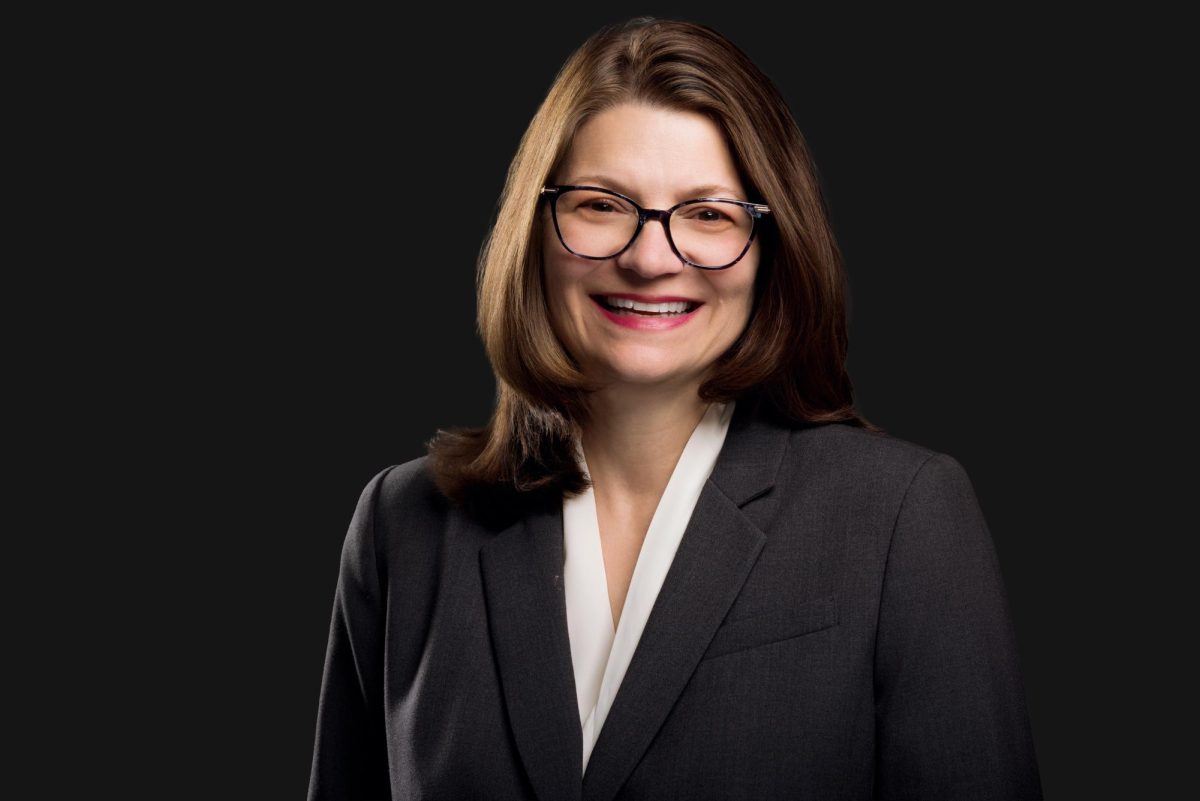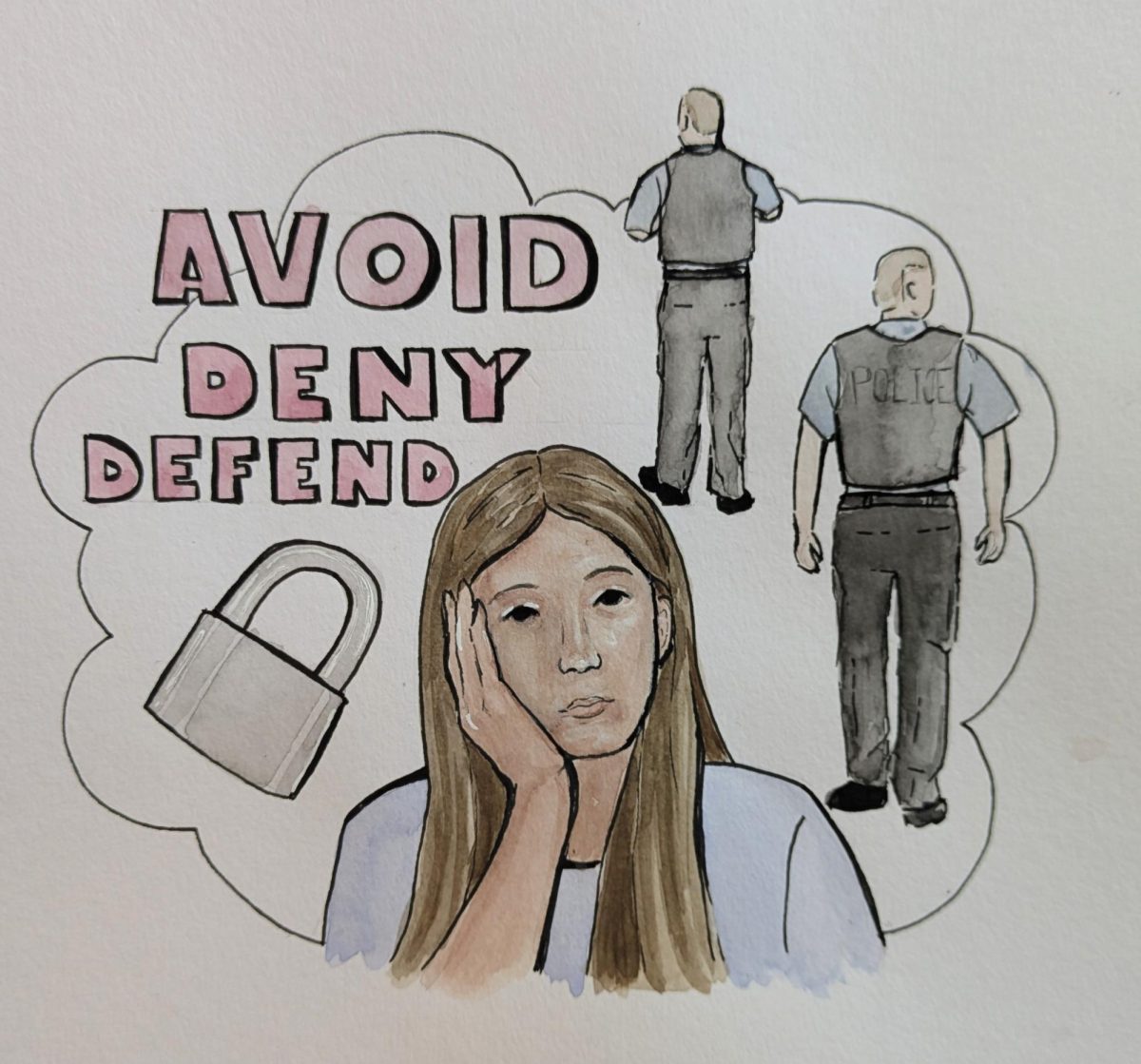Emmaus community reflects on generational gap
June 28, 2021
Despite diversity and inclusion steadily increasing within the country, social media and other outlets of life still highlight a disconnect between individuals from different generations.
In today’s society, there are the baby boomers (1940s-1964), Generation X (1965-1980), millennials (1980s-1996), and Generation Z (1997-2012); those only begin to scratch the surface of generations.
Each era has their own quirks, accomplishments, cultural differences and–perhaps most noticeable–ideologies. These opposing beliefs show the direct distinctions between each generation. Specifically, clear disagreements and divergences are extremely visible between two main “generation gaps:” Generation Z and baby boomers, and Generation Z and millennials.
In order to attempt explanations on the clear cut lines between each generation, data scientists examine data and trends. According to the Pew Research Center, political and social beliefs between millennials and Generation Z are fairly similar: on average, both are more progressive and pro-government. Research also shows that Generation Z is “on track” to be the “best-educated generation yet,” as this generation is less likely, compared with the past generations, to drop out of high school and more likely to enroll in college or a university.
Between Generation Z and the baby boomers, the differences are extreme. The Pew Research Center stated that, compared to the baby boomers, “members of Gen Z are more likely than older generations to look to government to solve problems, rather than businesses and individuals.”
History teacher John Gallagher has been working for the East Penn School District since 1993. During this time, he has seen the differences between each generation. One of the most noticeable differences: technology. According to Gallagher, Generation Z’s “technological tools are very different” from millennial’s’, as well as their “technological ability. He credits this to the overwhelming developing speed of technological advancements.
Brian Parish, a history and sociology teacher at Emmaus, also spoke on the role media has in regards to these generational divides.
“There’s something that we call confirmation bias, which is where if people have ideas or values or anything that they believe in, that we tend to seek out media, news, and sources that support those ideas, and even if we come across information that contradicts us, we tend just to ignore it,” Parish said. “So, I guess in that regard, that media missued can perpetuate–not just a generational difference– just all of our differences–and increase those divides.”
Although Parish was born into Generation X and has been teaching since 2002, like Gallagher, he also sees some of the silver lining of these variances in age groups.
“But social media also has a potential to expose us to ideas, people and cultures and generations in a way that would not be possible without it,” Parish said. “There’s a time when all you knew was the town you lived in, and now our eyes see way far beyond that.”
With parents in the baby boomer generation, EHS senior Geoffrey Kleinberg also notices the impact technology has had on different age groups.
“It’s good to have access to all the technology that we have,” Kleinberg said. “I think that’s probably the biggest difference between our generation and previous generations. Everything we could just find with a quick Google search or we can just find it instantly pretty much. So it’s been useful to have all of that just right at our fingertips.”
Compared to others, Kleinberg notices an increased amount of time he spends explaining technology to his parents.
“I get asked about technology a lot more than probably other kids would, like my friends,” Kleinberg said. “Like, how to find this online, how do I find a show on TV and it’s like […] they’ve been used to other ways of doing things, so I know I just have to help them out and then eventually they’ll start to pick it up and then it becomes a lot easier, but there’s just more helping from my part then them figuring it out on their own I guess.”
Gallagher himself is a part of the baby boomer generation, which gives him a unique perspective when it comes to the generational distinctions.
“You know, I think the way I think because that’s how, you know, my life has made me,” Gallagher said. “There are certainly some changes in values, in standards.”
Those changes in values is one of the positive changes that has occurred throughout generations.
“Your [Gen Z’s] value of different people and different beliefs and different lifestyles is one of the greatest things about you guys,” Gallagher said. “That tolerance and that appreciation of people is something that sets you apart. You are making a better world with that attitude.”
Junior Debra Hoff has been working at the local nursing home for the past year. During this time, Hoff gained a better understanding of the baby boomer generation, and got to know them more than others in Generation Z would be able to.
“[The Baby Boomers] are very kind because they are so modest, and I noticed that they care a lot about other people, not just themselves,” Hoff said. “I mean, I feel like our generation — it’s hard to start conversations with new people and that we’re very reluctant to meet new people, but the baby boomers, I noticed, they are just not shy to talk to anybody or get to know anybody, they are really outgoing.”
Before beginning work at the nursing home, Hoff admitted she had assumptions about the older generations.
“Before I started working at the nursing home, I worked at Ice Cream World, and so it was kinda like a stereotype that older people were rude and that they would often be very particular about how they wanted their ice cream,” Hoff said. “But then when I started working at the nursing home, and you actually get to know them and understand that they like certain things or they struggle with certain things, then you understand how to take care of them in the right way.”
Kleinberg knows that each generation has its own struggles that they have to overcome that separates them from the previous generations and the younger generations to come.
“Right now I think, obviously I want to expect the best of my generation, but I feel like, you know, also in 27 years people will look back on us and be like, ‘oh they’ve done all these things wrong,’” Kleinberg said. “When really we were just trying our best with the challenges that we’re dealt with so it’s kind of the same as the previous generations. We just try to do our best and then eventually the next generation will try to come along and do their best and that’s the way it will be.”














